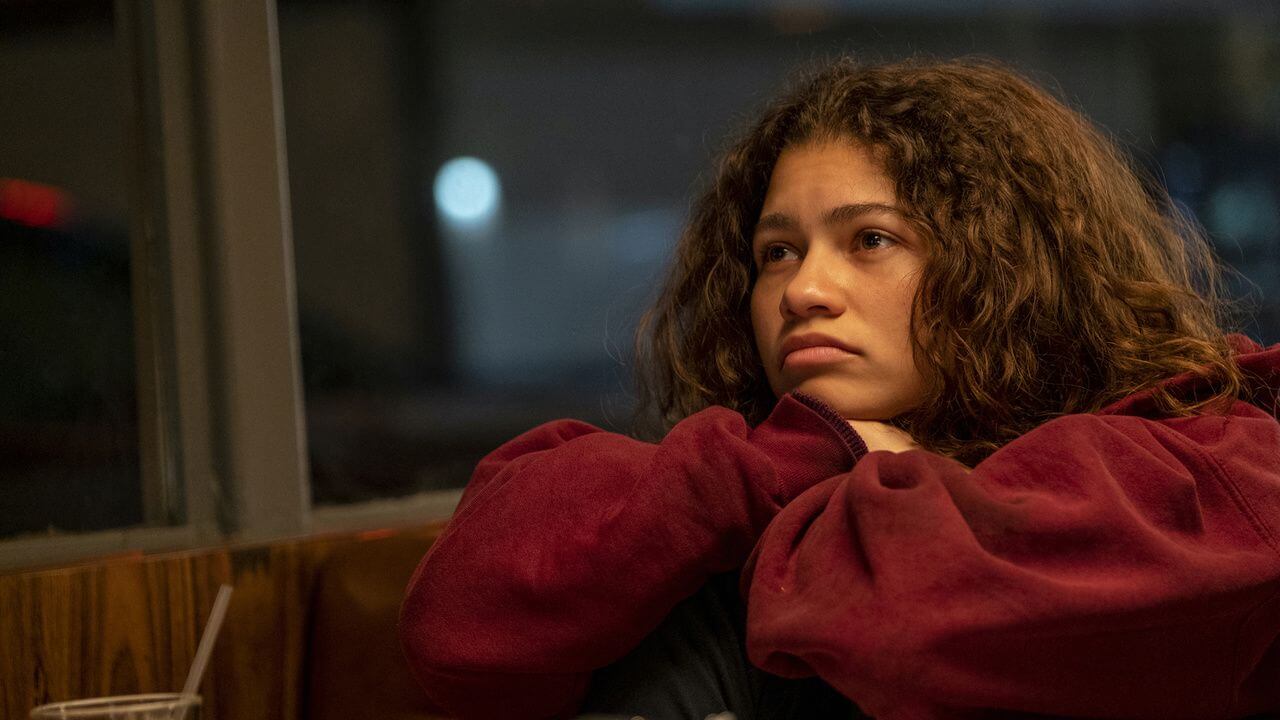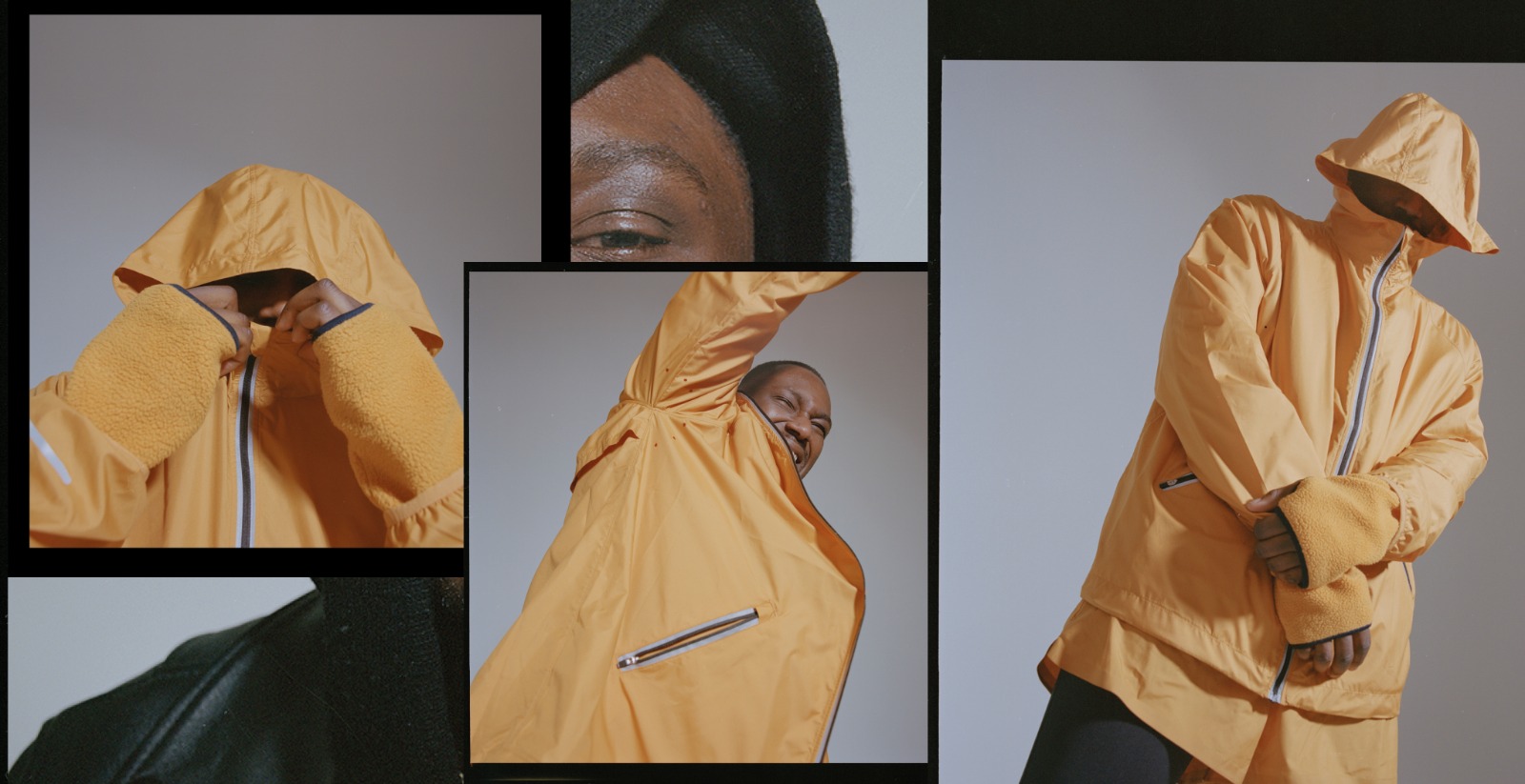Romantic breakups are an accepted part of life, a rite of passage with familiar rituals—a dramatic haircut, eating ice cream and crying to rom-coms, rebound sex, nights out with your friends.
But there’s no such formula for dealing with the end of a friendship. No roadmap that recognizes the grief of such a rupture and simultaneously assures us we’ll get through it. And having to actually say “I don’t want to be friends with you anymore” feels overly dramatic, even childish. Who says that? Well, I do, it turns out.
The First Friendship: Two Worlds, One Break
I had my first friendship breakup a few years ago. It ended with a bitter argument, tears, frustration, and we haven’t spoken since. We had grown apart — not overnight, but slowly, as it often happens. One night it came crashing down. The sour feeling in our stomachs of a few too many drinks and the bitter aftertaste of cigarettes lingering in our mouths were nothing compared to the foul and spiteful words that followed each sip and each hit.
We developed different worldviews that eventually became impossible to ignore. On top of that, I felt that she prioritized her boyfriend over everything and everyone. I was an inconvenient footnote in her life, constantly postponed and sidelined. One day, everything escalated into an argument that ended badly. She chose him over our friendship, that cut deep. The feeling of no longer being important weighed heavier than the breakup itself. For a long time, I grieved the loss of that friendship, of her being in my life. Even now, years later, I occasionally find myself dreaming about her and often wonder if we will ever re-connect. However, I have also made peace with the ambiguity – it was a great friendship for the time it lasted.
Coincidentally, a romantic relationship came to an end around the same time. I found it much easier to speak about. Years of music, films, and books on heartbreak had prepared me well. I’ve found that the dissolution of a friendship is less commonly discussed than the end of a romantic relationship.
The Second Friendship: A different ending
Unfortunately, it left me equally hollow. This time, it was a male friend – someone I trusted deeply, someone who had been a constant presence through various phases of my life. For years, I believed in the simplicity of our bond, only to discover that he wanted more than friendship. It wasn’t just the confession that shattered me; it was the way he dismissed my boundaries. How he seemed to believe that his feelings were more important than my autonomy.
When I made it clear that I didn’t reciprocate those feelings, he pulled away. First gradually, then all at once. The realization that our friendship had been a facade (at least partly), left me feeling profoundly disrespected. I mourned not only the friendship but also the image I had built of him. I felt betrayed, as if the trust I had freely given had been manipulated. It hurt to know that my “no” was not enough to save what we had. My boundaries were an inconvenience rather than a reality to be respected.
Why It Hurts to Lose Friendships
The grief of a friendship breakup is peculiar, and in some ways sharper than a romantic one. Maybe it’s because friendships are often framed as eternal, unconditional, immune to the turbulence that romantic relationships endure. There’s a quiet shame in admitting that a friendship failed, a fear of appearing petty or unforgiving.
Unlike romantic separations, which come with societal scripts and clear endings, friendship breakups leave us in a limbo. No closure, no comforting clichés about plenty of fish in the sea. Just the eerie silence where a voice used to be. I found myself questioning everything, replaying moments in my mind, searching for the precise point at which things went wrong. The problem is, there rarely is one. Friendships don’t have a clear expiration date; they fade and fracture in ways that feel achingly personal.
Growing Without Looking Back
Over time, I learned to accept the empty spaces where these friendships used to live. I stopped resisting the urge to reach out. Stopped romanticizing the past. The silence became less deafening, the memories less bitter. I made peace with the idea that some friendships are not meant to last forever – and that this impermanence doesn’t erase their value.
However, I realized that the grief never truly vanishes. It lingers, softening over time but never quite disappearing. There are days when I still miss them, when I wish we could go back to how things were before unspoken expectations and unhealed wounds tore us apart. And maybe that’s okay. Maybe part of growing up is learning to live with the echoes of what could have been.
In the end, friendship breakups taught me that it’s okay to let go. To grieve, to admit that some endings hurt more than others – even if we don’t have a playlist or a self-help book to guide us through it.




























